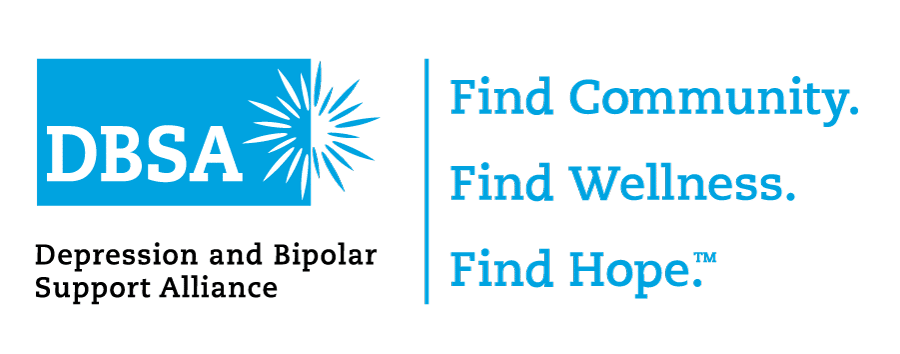Postpartum depression is characterized by feelings of sadness, indifference, exhaustion and anxiety following childbirth. It affects one in every nine women who have had a child, and can affect any woman regardless of her age, race, or economic background. It is not a character flaw or sign of personal weakness.
Symptoms of Postpartum Depression
Symptoms of postpartum depression include
- sluggishness, fatigue;
- feeling sad, hopeless, helpless, or worthless;
- difficulty sleeping/sleeping too much;
- changes in appetite;
- difficulty concentrating/confusion;
- crying for “no reason”;
- lack of interest in the baby, not feeling bonded to the baby, or feeling very anxious about the baby;
- feelings of being a bad mother;
- fear of harming the baby or oneself; and
- a loss of interest or pleasure in life.
NOTE: Get help right away if you have any thoughts of harming your baby or yourself. Tell a medical professional, clergy member, loved one, or friend immediately. Symptoms of postpartum depression may also begin to appear during pregnancy. If you experience any symptoms during pregnancy, discuss them with your health care provider.
Risk Factors
Risk factors for postpartum depression include
- a history of depression during or after previous pregnancies;
- a history of depression or bipolar disorder at any time;
- a history of depression, bipolar disorder or postpartum depression in blood relatives;
- poor social support;
- unpleasant life events happening around the time of the pregnancy or birth;
- instability in your marriage or relationship; and
- feeling unsure or ambivalent about your pregnancy.
Treatment
Talk therapy and medication are often used to treat postpartum depression. If symptoms persist more than two weeks after birth—otherwise known as “baby blues”—talk to your health care provider or mental health care provider about possible treatment options.
For Mothers
It can be hard to talk about feeling depressed after having a baby, because of our society’s belief that it should be the “happiest time in your life.” Mothers may feel as if they’re not good enough, or that the baby would be better off without them. Feelings of shame and hopelessness are common, but you are not alone, and there is help. Learn more about treatment options and how to talk to health care providers and family about your experiences.



